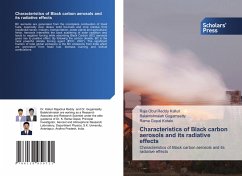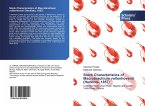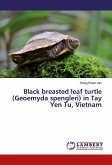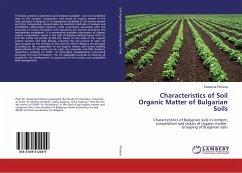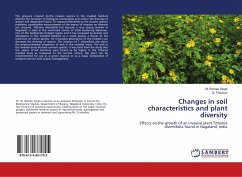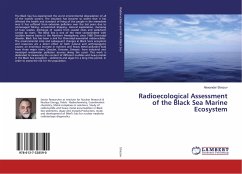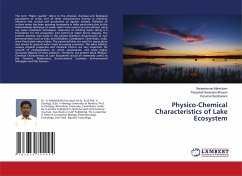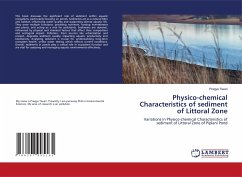BC aerosols are generated from the incomplete combustion of fossil fuels, especially coal, diesel, solid bio-fuels and crop residue from residential sector, industry, transportation, power plants and agricultural fields. Aerosols intensifies the back scattering of solar radiation and leads to negative forcing while absorbing Black Carbon (BC) aerosols gives rise to positive effect. By following the carbon dioxide, BC is the most powerful climate forcing agent (IPCC. 2007). The significant fraction of total global emissions is the BC emissions from India which are generated from fossil fuel, biomass burning and biofuel combustions.
Hinweis: Dieser Artikel kann nur an eine deutsche Lieferadresse ausgeliefert werden.
Hinweis: Dieser Artikel kann nur an eine deutsche Lieferadresse ausgeliefert werden.

